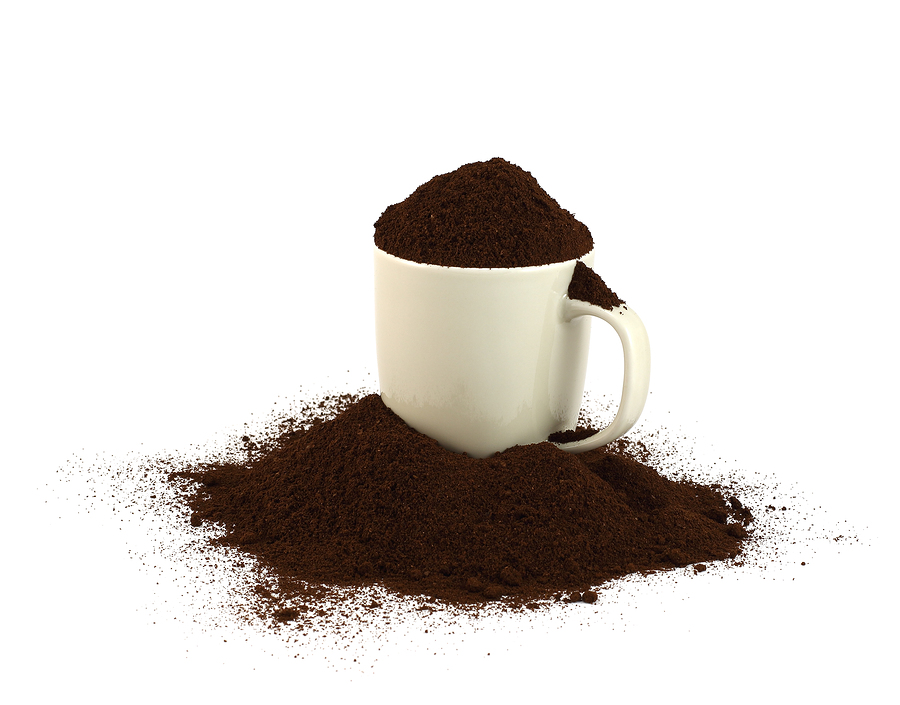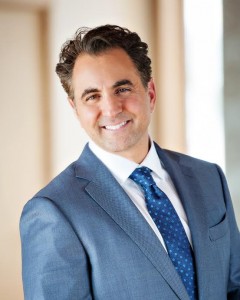 According the National Coffee Association’s 2013 online survey, 80 percent of American adults drink coffee every day. The average cup of coffee is nine ounces.
According the National Coffee Association’s 2013 online survey, 80 percent of American adults drink coffee every day. The average cup of coffee is nine ounces.
Some scientific research has suggested coffee has antioxidants that can decrease the risk of Parkinson’s disease, type II diabetes, liver disease, depression and other conditions. Research also suggests coffee can improve cognitive function.
This has led many people to believe that unlimited coffee consumption is perfectly healthy, and caffeine really isn’t that bad for you.
Well, it’s true that one or two normal-sized cups of coffee per day – about eight ounces per cup – probably won’t cause a problem in most cases.
However, when you drink more coffee than that, the caffeine can affect your brain chemistry. As we’ve discussed in previous posts about change and transformation, balanced brain chemistry is critical if we want to change our behavior and maintain the will power that controls our cravings.
High caffeine consumption can:
For some reason, heavy coffee drinkers tend to ignore the impact of what they put in their coffee, which is rarely healthy. Any health benefits of coffee can be easily wiped out with sugar and artificially sweetened, highly processed creamers.
Also, it’s important to realize that while coffee is by far the most popular source of caffeine, it’s not the only source. Caffeine is found in tea, both cola and non-cola sodas, chocolate, energy drinks and diet pills.
If you have two cups of coffee in the morning and follow it up with a candy bar after lunch and an energy drink in the afternoon, you could be putting yourself at risk – not that candy bars and energy drinks are healthy under any circumstances.
Coffee in moderation – one or two eight-ounce cups per day – probably won’t hurt. Two or three eight-ounce cups of tea probably won’t hurt either. In fact, the health benefits of the antioxidants found in green tea have been well-documented.
Just make sure you look at the big picture. How many cups of coffee are you having? What are you putting in your coffee? How much caffeine are you consuming from other sources throughout the day?
By limiting our caffeine intake, we can maintain the kind of brain chemistry that empowers us to make smart nutritional decisions. In the next post, I’ll provide you with a list of brain food and explain why feeding your brain is so important.
 Dr. James Proodian is an accomplished chiropractic physician and health educator who founded Proodian Healthcare Family of Companies to help people feel better, function better, and live longer. His expertise for the past two decades has been in physical rehabilitation, and he has successfully established himself as a spinal specialist. In his practice, he advocates the science of functional medicine, which takes an integrative approach to treating patients by addressing their physical, nutritional, and psychological needs. Alarmed by the escalation of complex, chronic illness in our country, Dr. Proodian has been speaking to companies and organizations through his “Wellness at Work” program since 1994, motivating thousands of people to make positive lifestyle choices and lead healthier, more productive lives. He can be heard weekly on his radio program, “Proodian Healthcare By Design,” on Tandem Radio.
Dr. James Proodian is an accomplished chiropractic physician and health educator who founded Proodian Healthcare Family of Companies to help people feel better, function better, and live longer. His expertise for the past two decades has been in physical rehabilitation, and he has successfully established himself as a spinal specialist. In his practice, he advocates the science of functional medicine, which takes an integrative approach to treating patients by addressing their physical, nutritional, and psychological needs. Alarmed by the escalation of complex, chronic illness in our country, Dr. Proodian has been speaking to companies and organizations through his “Wellness at Work” program since 1994, motivating thousands of people to make positive lifestyle choices and lead healthier, more productive lives. He can be heard weekly on his radio program, “Proodian Healthcare By Design,” on Tandem Radio.